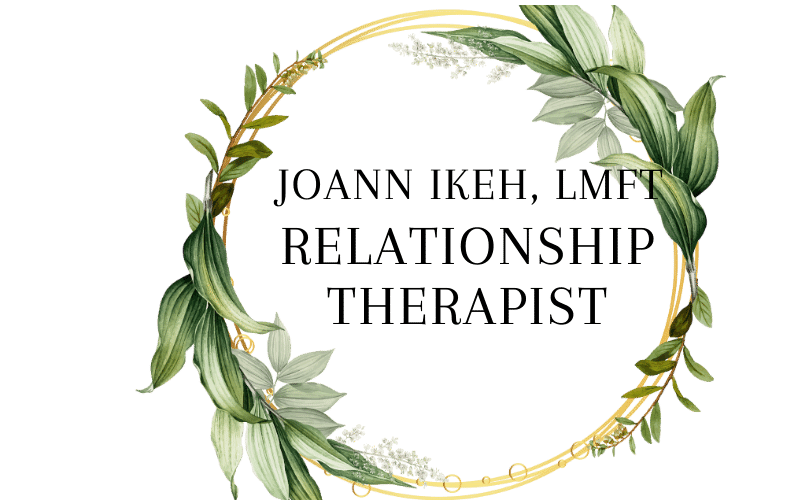How to Have Hard Conversations Without Pushing Your Partner Away
No matter how strong your relationship is, difficult conversations are inevitable. Whether it's about finances, intimacy, boundaries, or unmet needs, the fear of conflict or rejection can make us hesitate. But avoiding hard conversations doesn’t protect the relationship—it often erodes trust over time. The good news? You can learn how to navigate these moments with care, honesty, and connection.
Why We Avoid Hard Conversations
Many of us were never taught how to express tough emotions without triggering defensiveness or shutting down. You might worry that being honest will make your partner feel attacked or cause tension. So, instead, you stay silent, hoping the issue will resolve itself. But silence breeds resentment.
If you’ve ever walked away from a conversation feeling more disconnected than before, you’re not alone. The key lies in how you approach the conversation, not just what you say.
1. Start With Emotional Clarity
Before bringing something up, check in with yourself. What exactly are you feeling? Is it disappointment, fear, anger, or sadness? Try journaling or taking a moment to reflect before speaking.
When you speak from emotional clarity, you’re less likely to lash out or blame. For example:
Instead of: “You never listen to me.”
Try: “I feel unheard when I share something important and don’t get a response.”
2. Choose the Right Time and Setting
Timing matters. Don't launch into a serious conversation while your partner is distracted, tired, or stressed. Create a calm space where both of you feel emotionally available.
Try saying:
“Hey, there’s something important I’d love to talk about. When would be a good time for you?”
This shows respect for their readiness while also prioritizing your need to talk.
3. Use “I” Statements and Stick to One Topic
It’s easy to slip into blaming language when emotions run high. But “you” statements often sound accusatory and trigger defensiveness. Stick with “I” statements to center your own experience.
Also: Avoid stacking multiple issues into one conversation. Focus on one challenge at a time to prevent overwhelm.
4. Practice Active Listening
When your partner responds, resist the urge to interrupt or defend your position. Listen to understand—not to react. Reflect back what you hear:
“It sounds like you felt dismissed when I walked away. Is that right?”
Validation doesn’t mean agreement—it simply means recognizing your partner’s feelings as real and important.
5. Repair, Even If It Gets Messy
Hard conversations may not always go smoothly—and that’s okay. What matters most is the willingness to repair. After an argument or emotional moment, revisit it with compassion:
“I know that was tough. I appreciate you being open.”
“Can we try again with a little more gentleness?”
Repair builds trust and teaches your partner that disagreements are not threats, but opportunities for deeper understanding.
6. Know When to Seek Help
If you and your partner struggle to have hard conversations without escalation, you’re not failing—you might just need new tools. Working with a couples therapist can help you both feel safer, heard, and respected in communication.
You Can Be Honest and Stay Connected
Having hard conversations doesn’t mean pushing your partner away. When done with care, they can actually bring you closer. The more you practice, the easier it becomes to speak your truth and stay emotionally connected.
Need support navigating tough conversations?
I specialize in helping couples build emotional safety, improve communication, and deepen intimacy—even in the face of conflict.
📅 Schedule a free consultation today to learn how therapy can help you reconnect and grow stronger together.
📞 Book a free 15-minute consultation today
🌐 Visit onlinecouplecounseling.com
📩 Or email me at joannikeh@joannikeh.com



